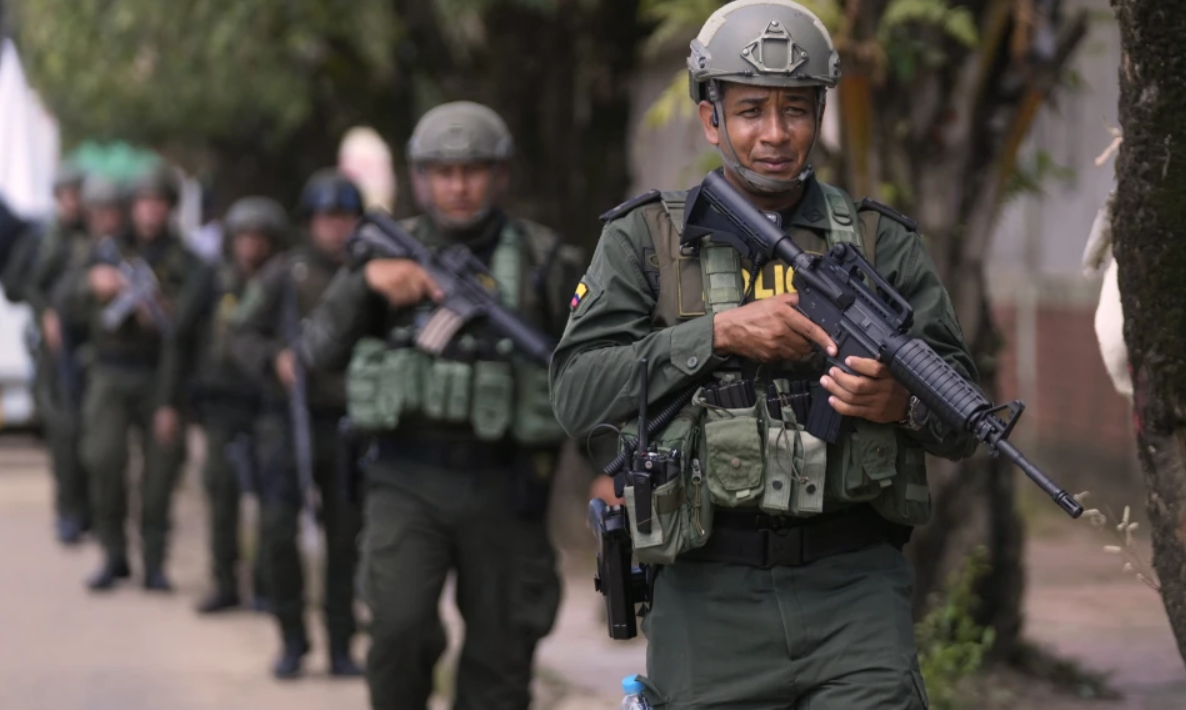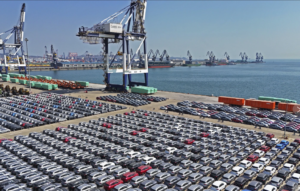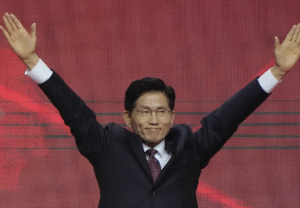The Colombian government announced a reward of approximately $700,000 on Saturday for information leading to the arrest and conviction of four leaders of the National Liberation Army (ELN), a rebel group involved in a violent turf war with dissident guerrillas in a coca-growing region near the Venezuela border. The conflict has resulted in numerous deaths.
The reward was detailed in a social media post from the Defense Ministry. The announcement came after President Gustavo Petro issued a decree on Friday granting him emergency powers to restore order in the affected area, allowing measures such as curfews and other actions that would normally infringe on civil rights or require congressional approval.
The four individuals targeted by the reward are Nicolás Rodríguez Bautista, Eliecer Herlinto Chamorro, Gustavo Aníbal Giraldo Quinchía, and Israel Ramírez Pineda.
The ongoing conflict in Colombia’s rural Catatumbo region, where the government has faced challenges establishing control for decades, has escalated significantly in the past 10 days. The violence, primarily between the National Liberation Army (ELN) and dissident factions of the Revolutionary Armed Forces of Colombia (FARC), has resulted in at least 80 deaths and displaced 40,000 people, according to local authorities.
The Catatumbo region, located on Colombia’s border with Venezuela, is a critical area for drug trafficking, smuggling, and other illegal cross-border activities. Traditionally controlled by the National Liberation Army (ELN), the region has seen the ELN lose ground to dissident factions of the Revolutionary Armed Forces of Colombia (FARC), a group that largely disbanded after signing a peace deal with the government in 2016.
With a population of about 300,000, Catatumbo produces 15% of Colombia’s coca crop. For years, the FARC-EMC dissidents and the ELN have fought for control over the region’s valuable drug trafficking routes, although a recent truce had been in place. However, violence erupted again when ELN members attacked civilians, accusing them of working with the FARC-EMC. Reports indicate that ELN rebels dragged people from their homes and executed them at close range.
The Colombian government, led by President Petro, has primarily blamed the ongoing violence on the ELN, with whom peace talks had been initiated after Petro took office in 2022. Earlier this week, Petro reinstated arrest warrants for 31 top ELN commanders, which had previously been suspended as part of an effort to bring the insurgent group into a peace deal. Additionally, Petro put a halt to all dialogue with the ELN.
In response to recent clashes between the army and the ELN, Colombia’s military deployed armored vehicles on Saturday to strengthen security in the affected areas. The violence has also spread across the border into Venezuela, where some people fleeing the conflict have sought refuge.
The location of the ELN’s peace negotiators remains unknown, but the Cuban government has stated that they are not in Cuba, leading to speculation that they may be hiding in Venezuela, which is a supporter of Petro’s peace efforts with the ELN.













